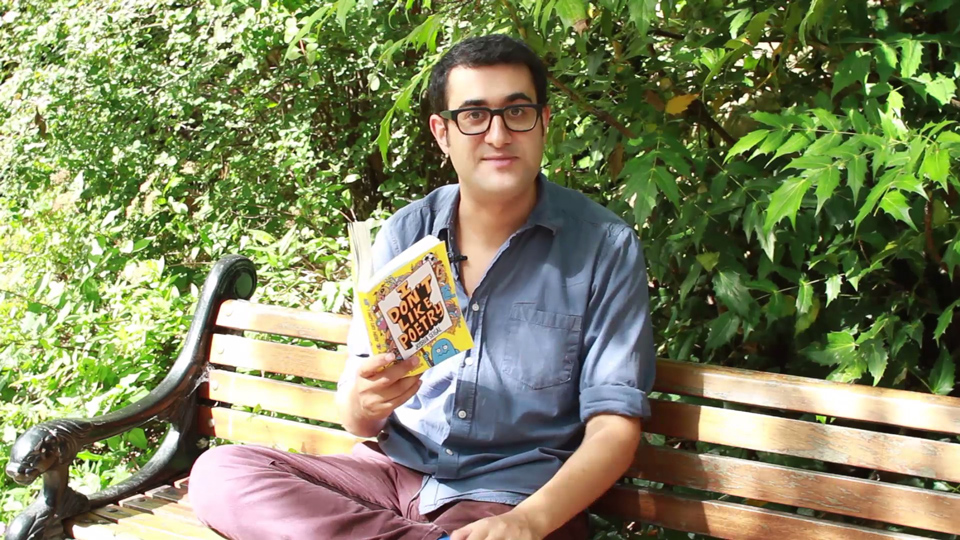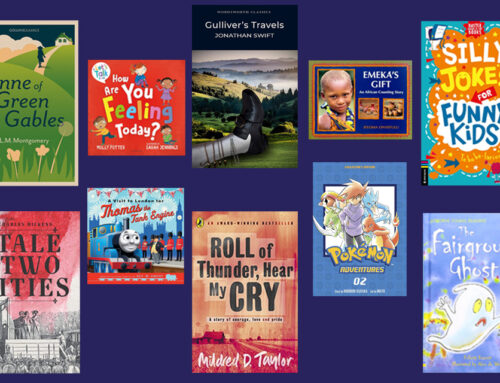Award-winning poet and educator, Joshua Seigal, uses poetry to develop literacy skills and inspire confidence and creativity in communication. Joshua will be running creative writing sessions and holding a poetry recital at the BIG Family Weekend, October 2018. Here he offers some tips for people who are starting to write their own poetry. To find out more about Joshua visit his blog www.joshuaseigal.co.uk or take part in one of his workshops at the BIG Family Weekend.
When I was younger, poetry sometimes used to make me feel stupid. It seemed like a complicated code that I would need a special mental faculty to uncrack. I am now a professional poet, and I aim to engage children and adults of all ages and abilities. I do not consider myself an ‘expert’ – if there is such a thing – but I would like to share some tips for any budding poets out there. And remember, they are only ideas; they are not rules.
1.) Write in the same voice with which you speak. If you do not use phrases like “lonely as a cloud” in your everyday speech, then it might be an idea not to use it in your poetry, otherwise it will come across as forced and inauthentic. If you use slang words in your everyday speech, then there is nothing wrong with including them in your poetry, innit.
2.) Read widely. I believe a lot of people are turned off poetry for the reason I mentioned at the beginning: the poetry they have been exposed to is inaccessible and alien. However, poetry is in fact all around us. Song lyrics, for example, are a form of poetry, as are the headlines in tabloid newspapers. I believe that all reading is good reading. (And reading my books is especially good reading.)
3.) It doesn’t have to rhyme, all the time. Writing poems that do not rhyme is not a crime. In fact, concentrating on things other than rhyme, such as repetition, simile, metaphor and alliteration, will make your writing less formulaic. Think of it like a mosaic: rhyme is just one of the squares that can go into the final piece. So if you feel that a poem has to rhyme, then cease thinking that. Then go and sit on the mat, with a cat.
4.) Practise reading out loud. For me, poetry lives in the voice and the body as much as on the page. In fact, the main thing that initially attracted me to writing poetry was that it gave me an opportunity to get on stage and speak to people. Unlike acting, you get to recite words that you yourself have written, and unlike comedy it doesn’t have to be funny (although it can be). Poetry is the perfect artform for people who like both writing and performing.
5.) Express yourself and have fun. Says it all really.







